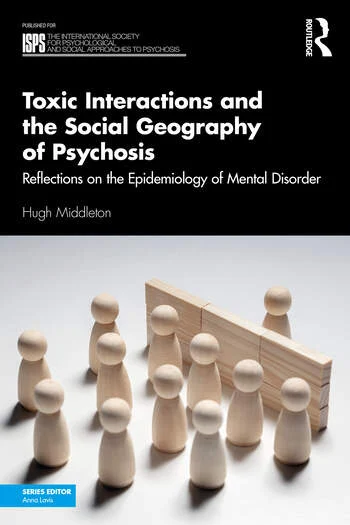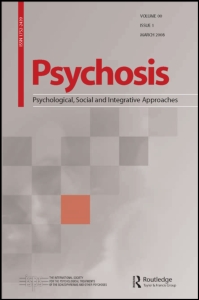NB There are two ISPS groups in Italy
ISPS LOMBARDIA
Contact person: Elda Arpaia
ISPS ITALY
It is possible to become member of ISPS through the ISPS-ITALY local group. The annual membership fee is €20. Membership benefits include 4 issues per year of the ISPS Journal: ‘Psychosis: Psychological, Social and Integrative Approaches' and reduced rates at ISPS conferences. You will receive regular copies of ISPS International E-Newsletters. For information on how to become a Member of ISPS Please send an email to following address: isps@isps.org
Per chi risiede in Italia è possibile divenire membri dell’ISPS attraverso il gruppo locale ISPS ITALY. La quota associativa è di €20 e comprende 4 copie del giornale “‘Psychosis: Psychological, Social and Integrative Approaches', le ISPS International Newsletters ed una riduzione della quota di iscrizione a tutte le conferenze dell’ISPS. Per informazioni su come divenire membri dell’ISPS prego inviare una email al seguente indirizzo: isps@isps.org
ISPS International
ISPS was initiated in 1956 by Drs. Gaetano Benedetti and Christian Mueller, to go beyond a biological reductionistic orientation and to gain a psychoanalytic understanding of the complex illness of schizophrenia. Over time ISPS became a well-established international association with members from all over the world and it also broad its interests, integrating contributions from all the major forms of individual, group and family psychotherapies. It become open to the more wide psychosocial approach to psychosis (such as art therapy, music therapy, healing homes, therapeutic communities) and initiated to collaborate with service users and relatives of service users to promote a better integration and a full recovery of patients in their social context. It is also interested in the link between neurosciences and psychosocial dimension.
L’ISPS è stata fondata nel 1956 da Gaetano Benedetti e Christian Mueller per andare oltre l’orientamento riduzionistico biologico ed ottenere una comprensione psicoanalitica della complessità della schizofrenia. Nel tempo ISPS si e' sviluppata fino a diventare un importante associazione internazionale formata da partecipanti di ogni parte del mondo, integrando i contributi di tutte le forme maggiori di psicoterapia individuale, di gruppo e familiare. Si e' aperta al piu' ampio approccio psicosociale alle psicosi (tra cui arteterapia, musicoterapia, case accoglienza, comunita' terapeutiche) ed ha iniziato a collaborare con utenti e parenti di utenti per promuovere una migliore integrazione sociale ed una piena guarigione dei pazienti nel loro contesto sociale. E' anche interessata al rapporto tra neuroscienze e dimensione psicosociale.
ISPS Italy
ISPS Italy, the first Italian network of the ISPS International, was founded in 2011 during the 17th International Symposium in Dubrovnik to connect individuals (professionals, users, and relatives) who are interested in the psychosocial understanding and treatment of the psychoses. ISPS Italy welcomes the contribution of all members in organizing national and local conferences and workshops and other initiatives in relation with the goals of the association (social events, primary and secondary prevention in collaboration with public or private institutions).
ISPS ITALIA, il network italiano dell’organizzazione internazionale ISPS, è stata fondata nel 2011 durante il congresso internazionale ISPS di Dubrovnik per collegare persone (professionisti, utenti e familiari di utenti) interessati alla terapia psicosociale delle psicosi. ISPS e' aperta al contributo di tutti i soci nell'organizzare conferenze e seminari nazionali e locali od altre iniziative che siano in sintonia con i fini statutari (eventi sociali, prevenzione primaria o secondaria in collaborazione con istituzioni private e pubbliche).



